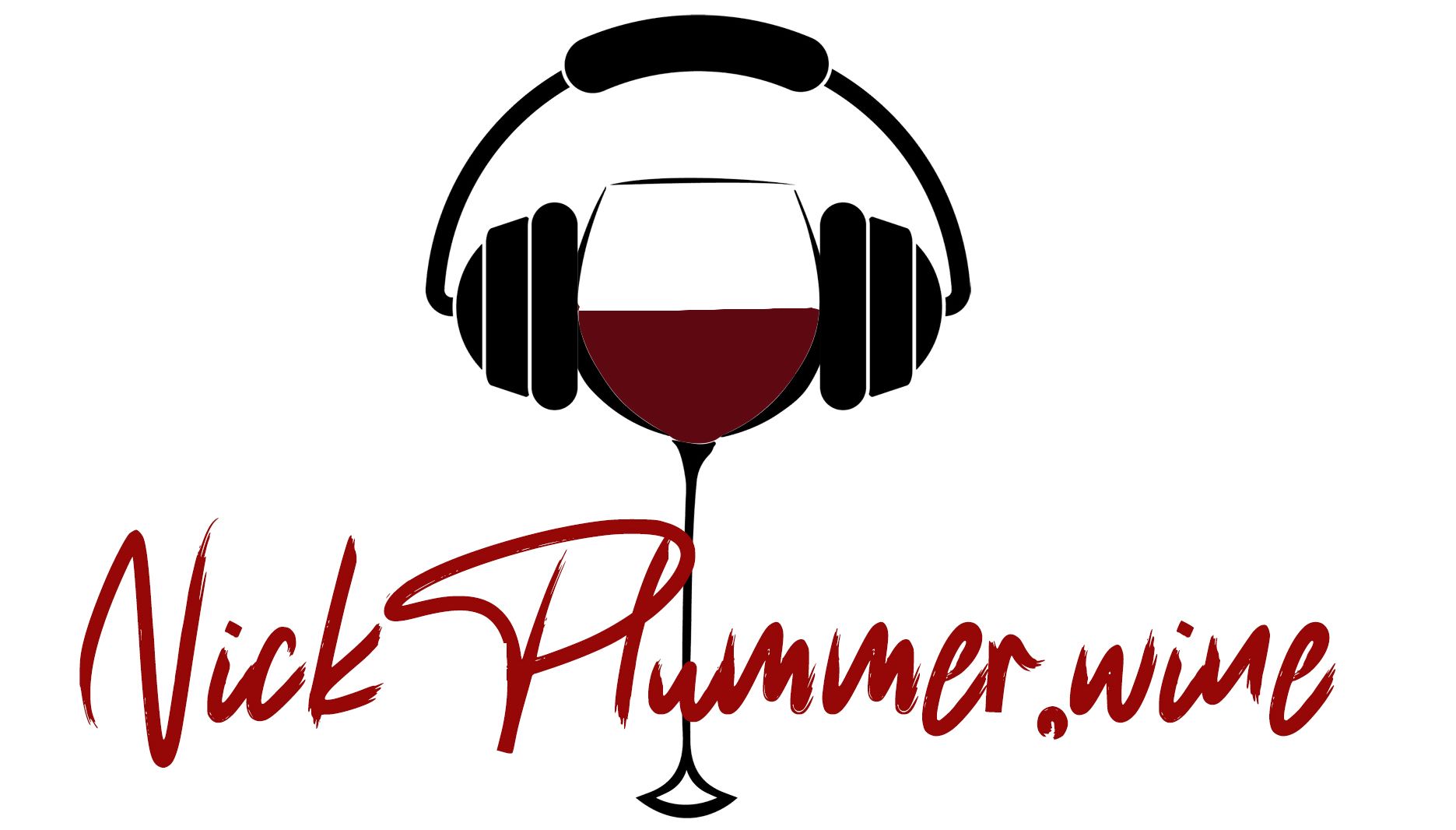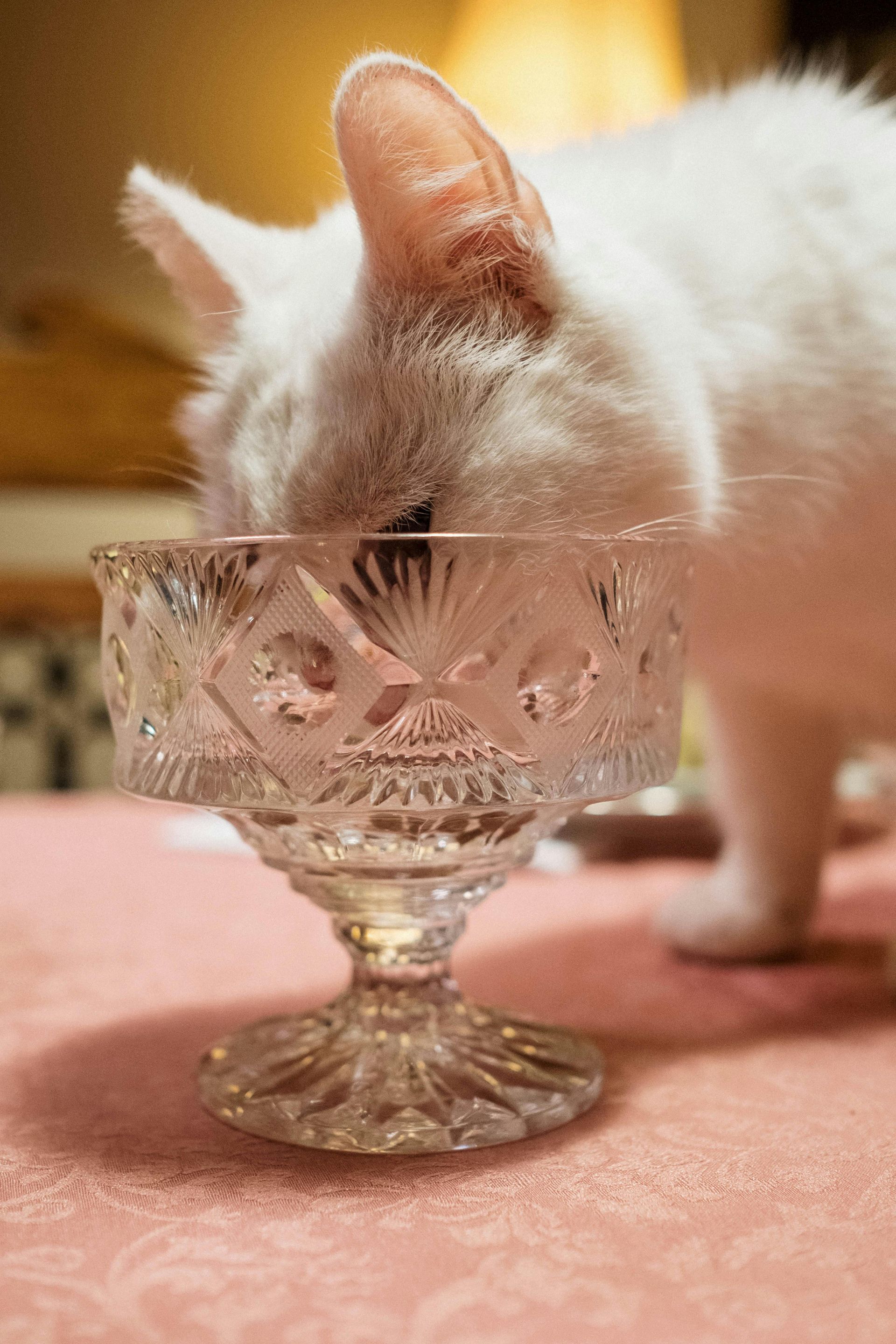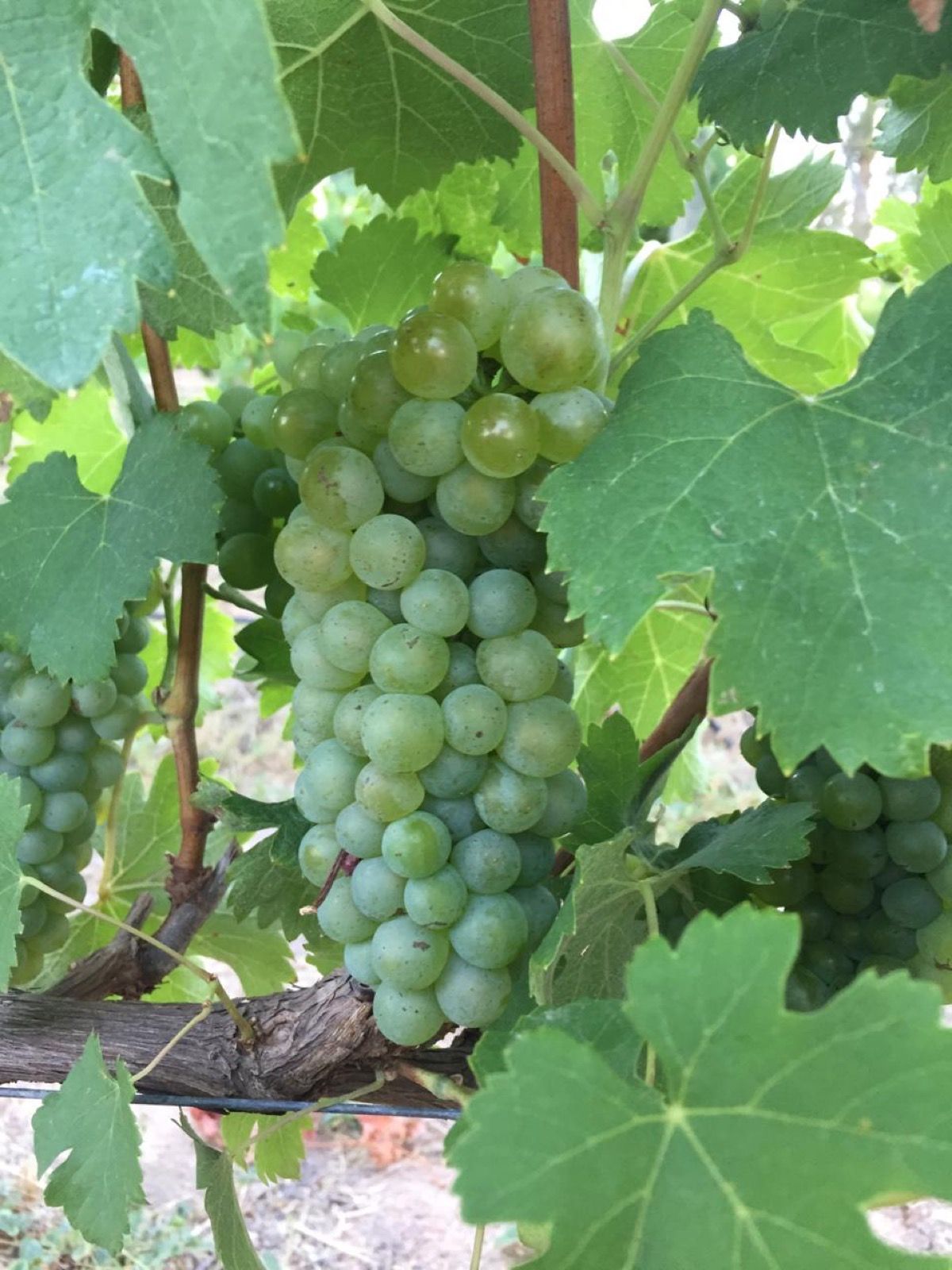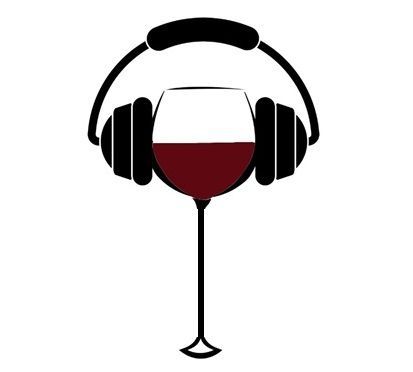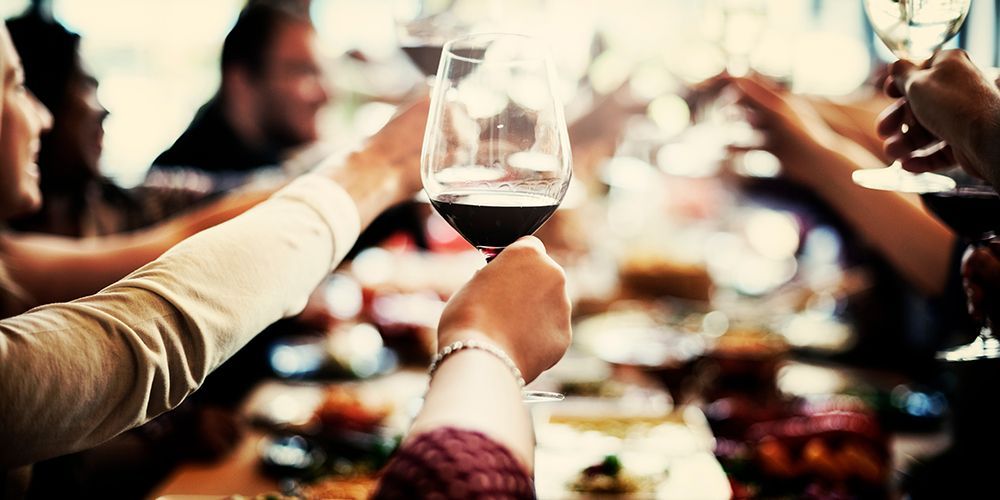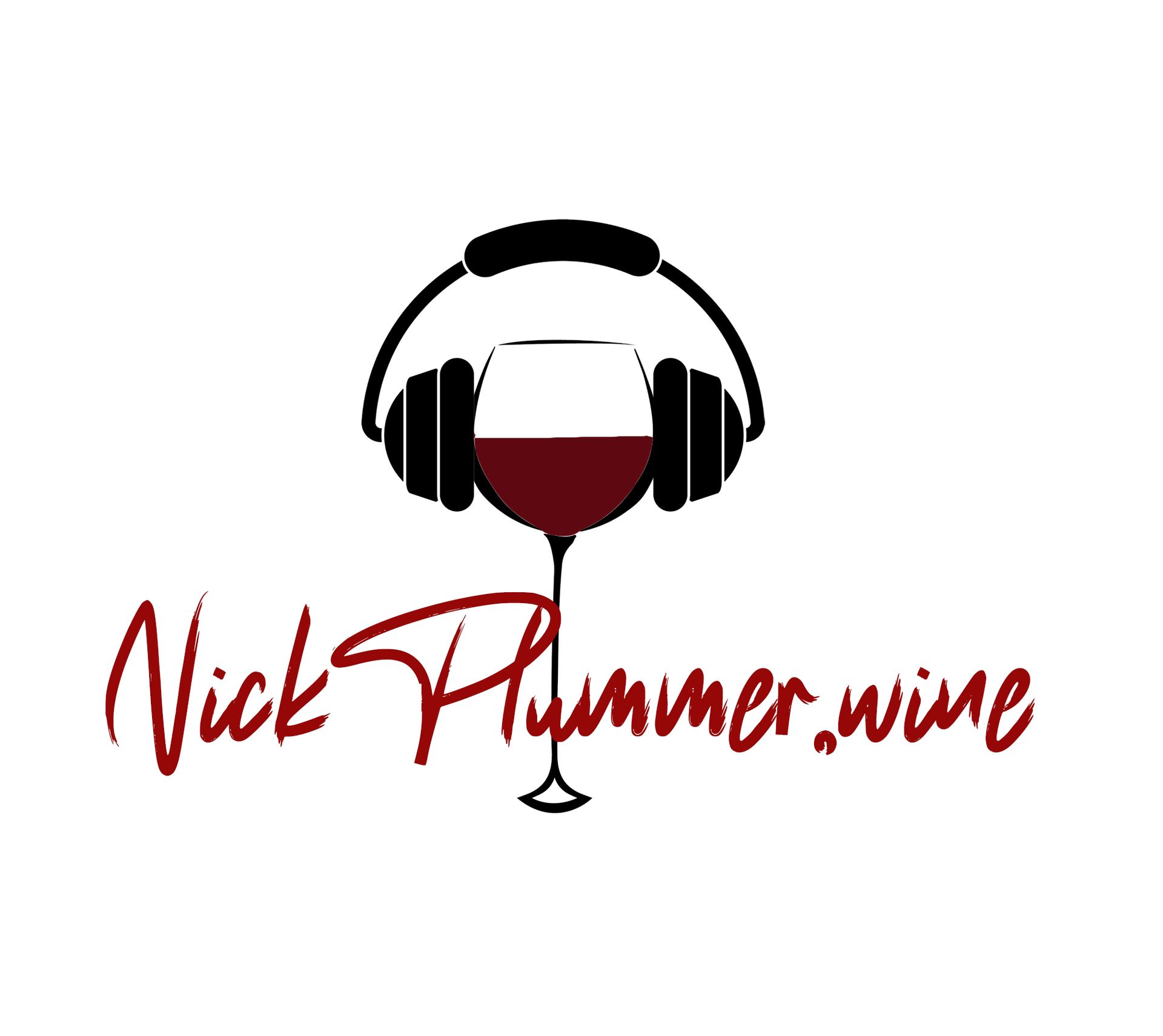Blog
Nick Plummer Blog
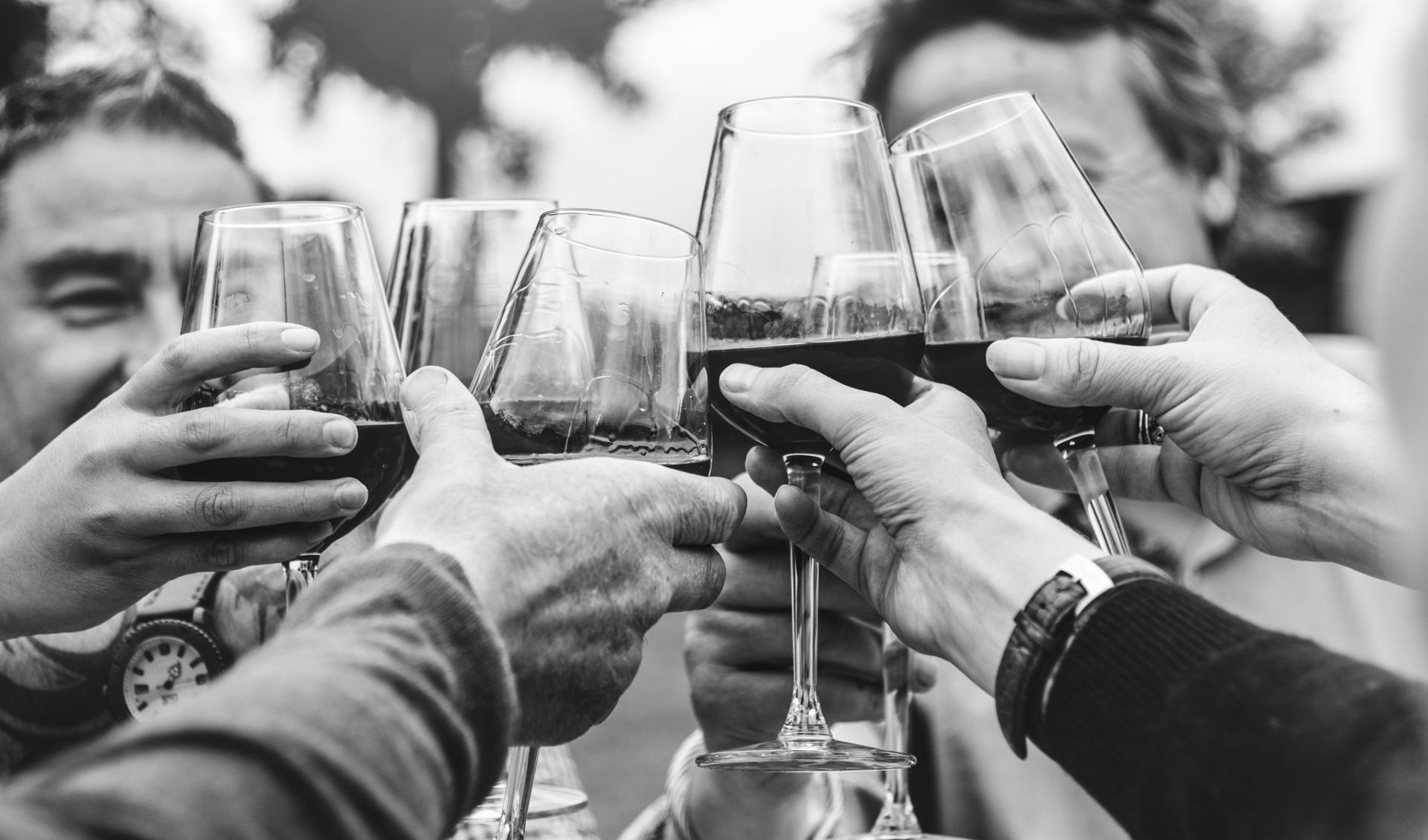
By NICK PLUMMER
•
January 16, 2024
Let's dispel a few myths...You don't have to be a wine snob to enjoy wine! Wine tasting has an ‘elitist’ reputation, loads of strange people slurping and sniffing away, and mumbling in hushed tones about the “sense of place,” “poise,” “elegance” and “tannic grip.” Sheesh. The reality is actually a lot more relaxed, fun and informative. Preconceptions, myths and misgivings abound. For example, people are reluctant to go to wine tastings – they worry that their palate isn’t suitably refined; that they need to appear knowledgeable; or that their lack of wine knowledge will be shown up. It’s simply not true. And if you go in with that attitude, you’ll have a dreadful time. Or feel obligated to buy one or two bottles of wine, and leave with the next-to-cheapest bottle under your arm as a guilt purchase. Don’t be that person! We leave the ‘elitist behaviour’ to the folks who have probably never paid for a bottle of wine, and spend their lives swirling, sniffing, slurping and spitting. There’s no real fun to be had there! The good news, is that you’ll rarely come across those people at social wine tastings. A good wine is one which YOU enjoy When you're wine tasting, you have the perfect opportunity to try a wine without buying it (although most wine tasting events do give you the opportunity to purchase or order wines at great prices). Importantly though, remember that no two people have the same taste, and every wine is appreciated on an individual basis. Don’t think you have to like a wine simply because everyone else is going crazy over it. From this alone, a ‘good’ wine is one which you enjoy personally. It can be R50 / bottle, or it can be R1000 / bottle. It can be a name that everyone knows, or it can be from a completely obscure brand. It’s all down to YOU! The most expensive wine isn’t necessarily the best one for you. Dump the tasting notes The actual tasting of a wine is a personal experience. Tasting notes are there as a guide, not an instruction, as to what aromas and flavours to expect. Your senses may pick up something completely different from the person sitting next to you. Nick’s top tip: Don’t look at the tasting notes before, or while tasting the wine. Draw your own conclusions and refer to the notes if you want to identify a particular taste. Because our memories associate flavours with texture (such as biting into a crisp Granny Smith apple), the flavour of a Granny Smith apple may be present in a wine, but without the actual texture of the apple, you may not be able to identify the actual flavour.
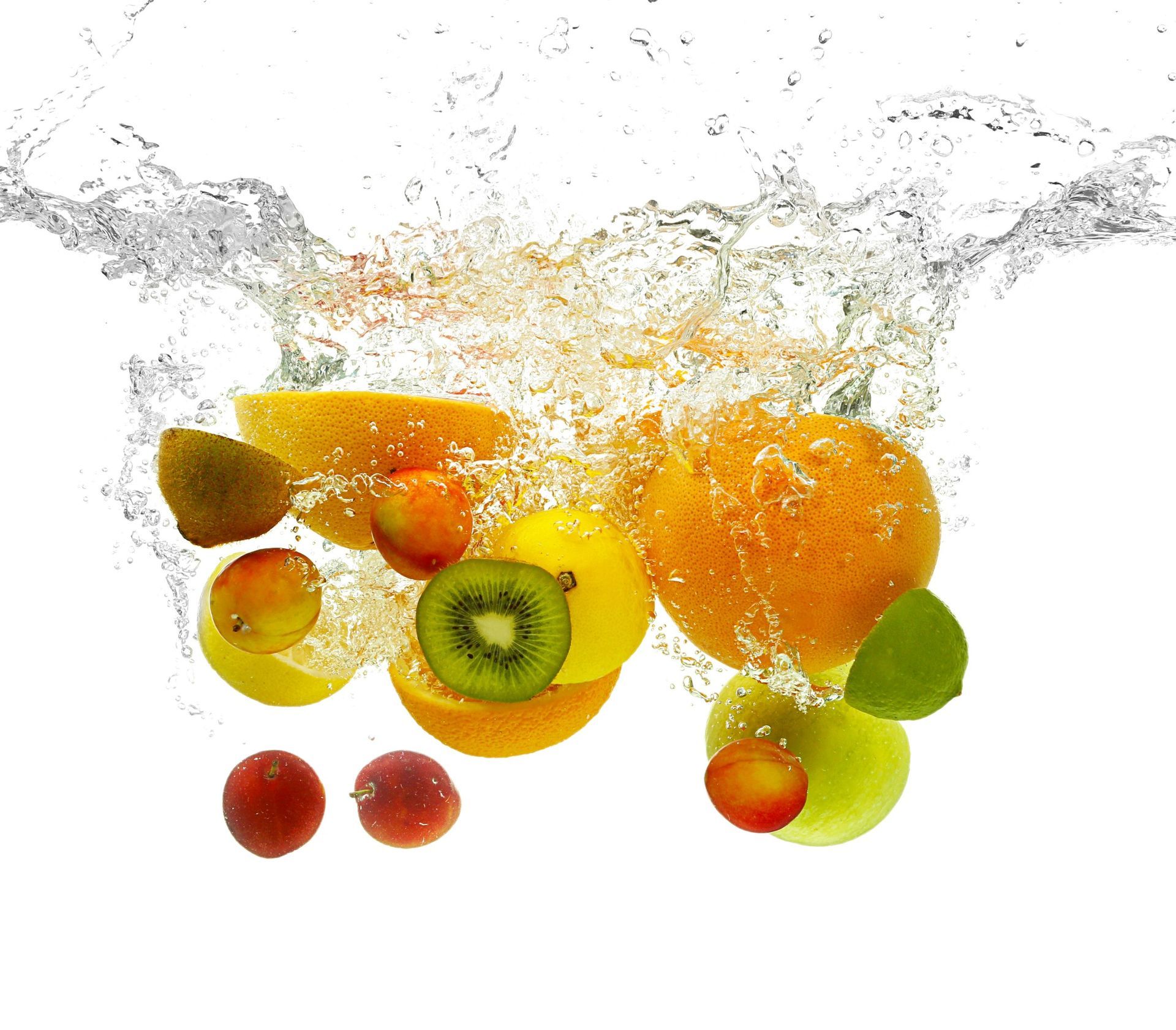
By NICK PLUMMER
•
January 16, 2024
Wine tasting is a completely immersive and sensory experience: · SIGHT – swirl the wine in the glass and see the colours in the middle of the wine and around the edges. See how the light dances through the liquid (sorry, getting a little poetic!) · SMELL – get your nose right inside the glass and take a deep sniff. You don’t have to be able to identify any particular aromas (leave that to the really tiny percentage of people who can), but simply savour the smell. Over time, you may even find that you have a better sense of smell in one nostril than the other! · TOUCH – wine has a texture. Your tongue not only identifies taste, but texture, better known as “mouthfeel.” It can be dry, crisp, sharp, smooth, creamy, grippy, gritty, to name but a few textures. When you sip the wine (remember to slurp it as if nobody else is there, to get a good amount of oxygen in with the wine), give it a good swish around your mouth – almost like chewing the wine – to feel the texture. · TASTE – the main reason we drink wine. It’s got to taste good, otherwise we won’t enjoy it! After you’ve swished the wine around your mouth, slurp in a little more air over the wine already in your mouth, and consider the five different elements of taste perception: saltiness, sourness, bitterness, sweetness and umami (from the literal Japanese for “delicious taste,” savoury, in other words). After you’ve tasted, feel free to either swallow, or spit the wine out of your mouth (into a spit bucket, it’s generally frowned upon to spit wine on the floor), and observe how the textures and flavours linger in your mouth. · HEARING – yes, hearing. Not by listening to the wine (unless you can hear all those tiny bubbles popping in a glass of Champagne), but listen to the winemaker. Boutique and family-run wine farms have fabulous stories to tell; about their adventures, their journey to winemaking, the characters on the farms, and the inspiration behind the labels and the wine names! Nick’s top tip : If you want to really engage with a winemaker at a wine tasting, don’t ask them HOW they make the wine, ask them WHY they make the wine. Give them a moment to work out the question (nobody will have asked it before!), then enjoy their passion! Also remember the emotions that are generated by a taste of wine are similar to those experienced when hearing different types of music – come to one of Nick’s Music and Wine evenings and find out!
